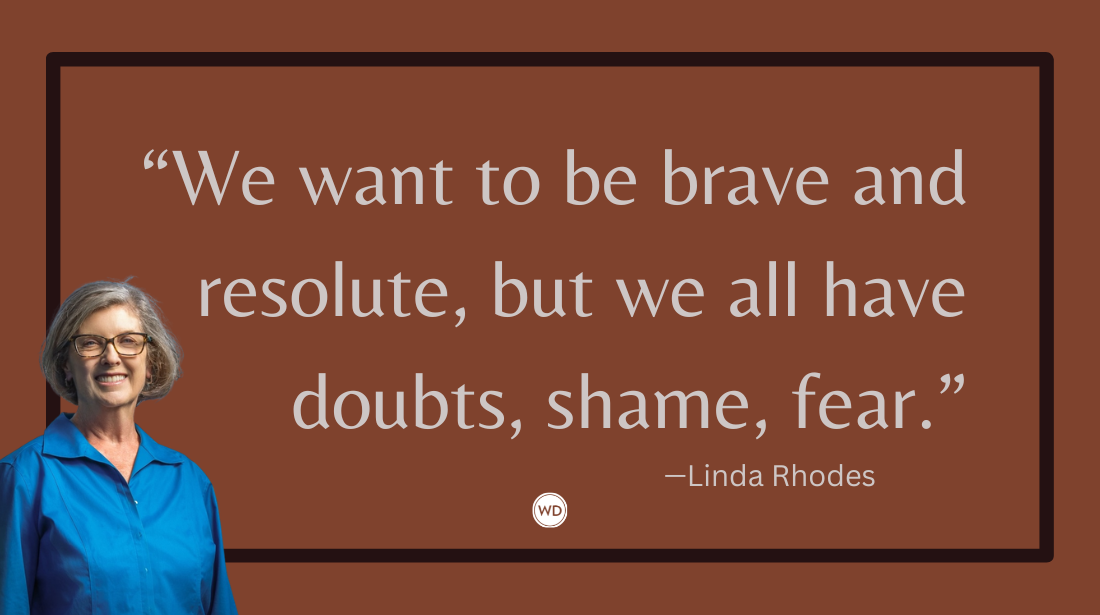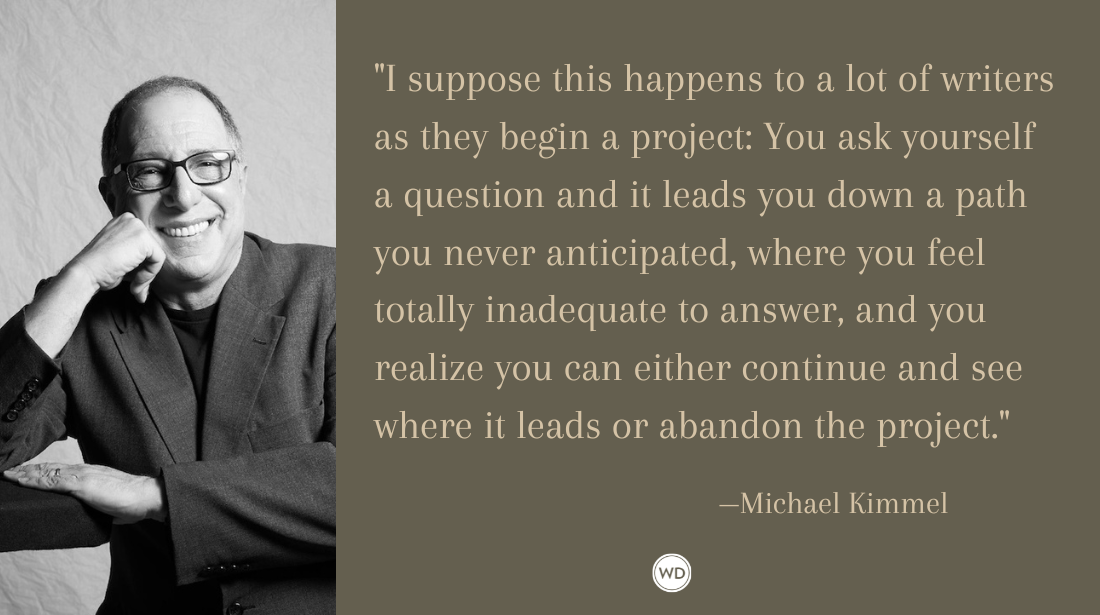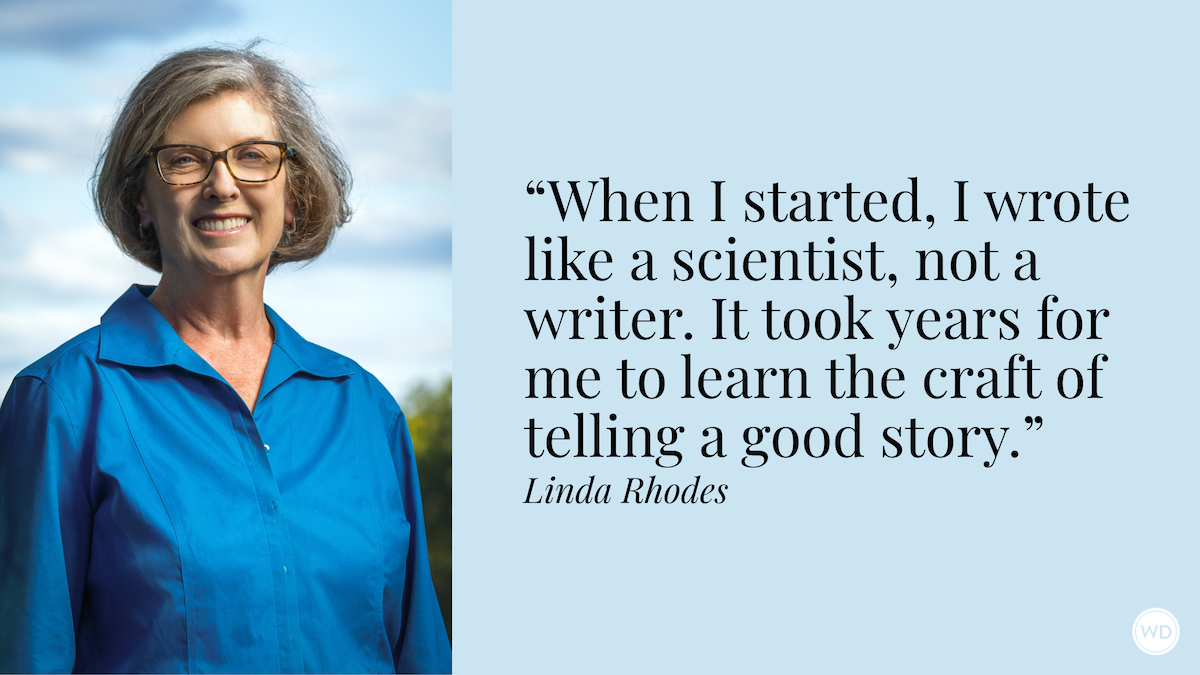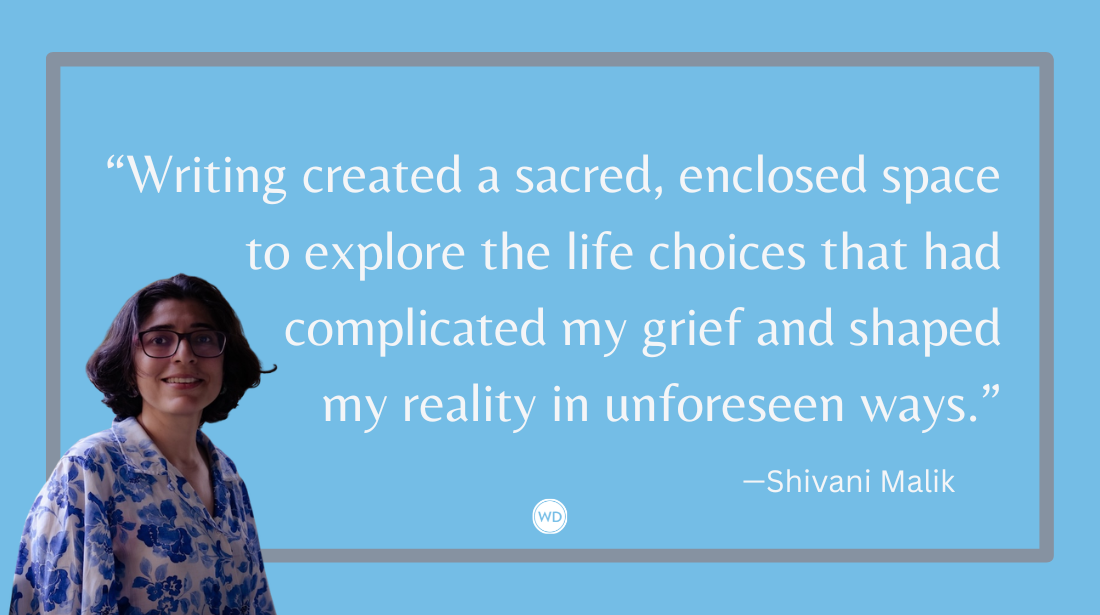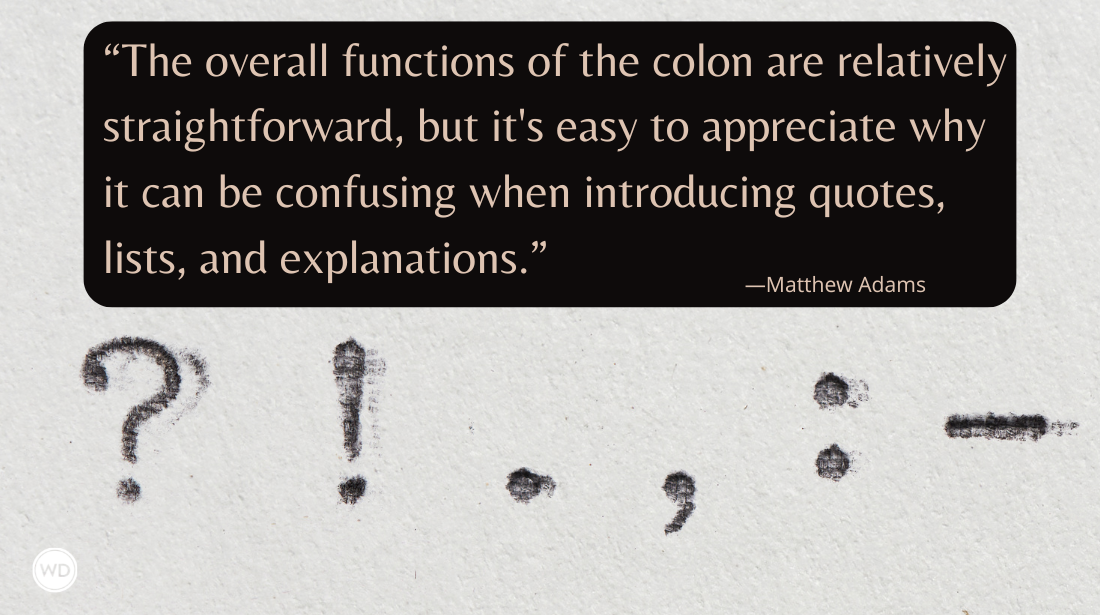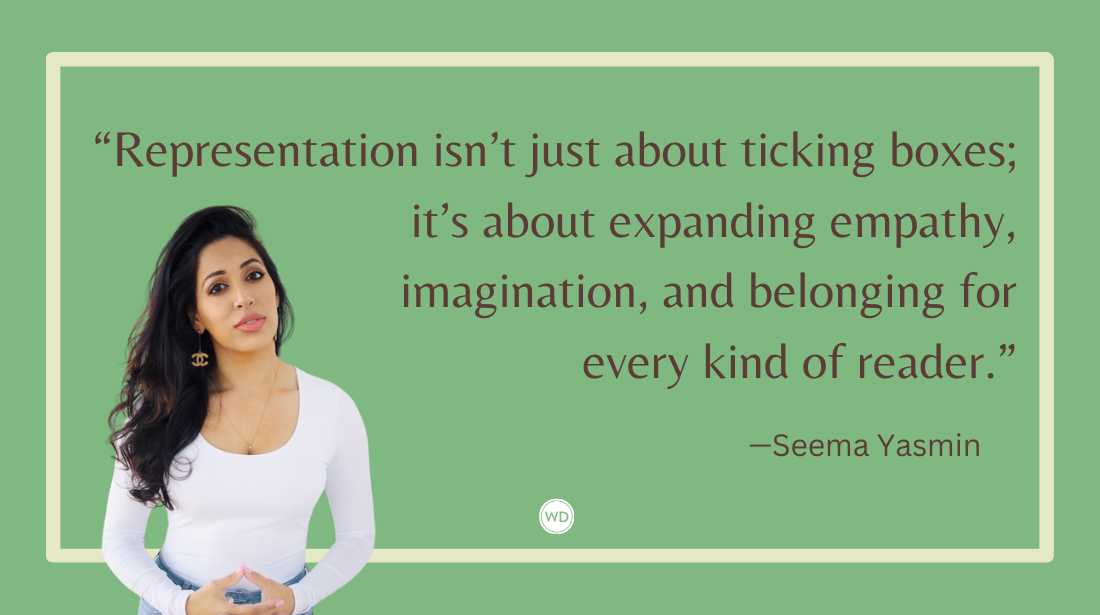Writing Corporate History
How freelancer Jack El-Hai went from writing for historical magazines to writing corporate histories.
Every company has a story to tell. And for corporate history writer Jack El-Hai—who has made a career out of humanizing stories for the likes of Super 8 Motels and FedEx—that's exactly why he chose this niche.
"I saw a lot of opportunity and badly done company histories, looking and reading like text books," he says.
El-Hai, who lives in Minneapolis, started freelancing part time in 1984 writing historical magazine articles for regional Minnesota publications and alternative weeklies. He still writes a column for Architecture Minnesota that he started in 1989.
In 1990, while working full time for Target's Department Store division, writing internal communications, he consulted the Minneapolis edition of Book of Lists (bizjournals. bcentral.com/bookoflists). The annual book—available for 64 U.S. cities—provides information on area companies. El-Hai then sent letters to small and mid-sized Minneapolis companies that would be celebrating a 50th, 75th or 100th anniversary two to three years down the road.
"Most didn't respond," he says. "Of the four or five that did respond, one gave me an assignment. It was an optical company that made lenses and artificial eyes for 75 years."
That first project was a 12-page brochure that ran about 4,000 words and earned El-Hai about $1 a word. Shortly after that first assignment, in 1993, El-Hai left Target to freelance full time, and it was a gamble that paid off.
Offering a unique approach to corporate histories by focusing on the people behind the businesses, and by teaming with a graphic designer, El-Hai has earned a reputation for quality and excellence in Minneapolis.
Companies now approach him when they read one of his corporate history books or contributions. Clients have included Minnesota Historical Society, Minneapolis Institute of Arts and Twin Cities Public Television.
Teaming with a graphic designer to offer a full package versus just research and writing has made all the difference, he says:
"Usually large agencies are the ones offering a full package, but there's always a cookie- cutter quality to it. What I offer is a unique product that's very focused on the company's aims and goals for the book. A lot of writers can learn from photographers and graphic designers. They have a different approach to marketing and to who owns the work."
Despite his years of experience, one of the most intimidating aspects of corporate writing is starting each new project. "It's very difficult when you're looking at 100 interviews or more and you don't know a lot about the company or its mission. You have to become the world's greatest expert on [its] history and culture in often less than one year."
His most daunting assignment was a third of a 25th anniversary book for FedEx. "I had little experience as a FedEx customer; my only knowledge came from their commercials," he says. "They wanted to focus on how they've used technology, and I had to do the work in less than six months."
El-Hai says the project turned out well because he relied on his strengths as a storyteller, focusing on people's stories and showing how such things as bar codes affected the lives of employees. "Not every company wants a corporate history that reads like that," he says, admitting that he doesn't accept those academic-style assignments.
For any freelancer looking to try corporate history writing, El-Hai suggests starting local. "I believe strongly in meeting people face to face," he says. It is also important to "base your charges accordingly," while not underpricing yourself.
Although $4,000 sounded like a princely sum for his first project, El-Hai says he has since learned "how to price my services" to actually receive adequate compensation. His current two-year project will net him six figures.
And when he's not working on a corporate history project, El-Hai keeps busy writing articles for various magazines. Two of his 2001 articles turned into book proposals, one of which, a biography of Walter J. Freeman, will be published by John Wiley & Sons in 2003.
This article appeared in the April 2002 issue of Writer's Digest.




